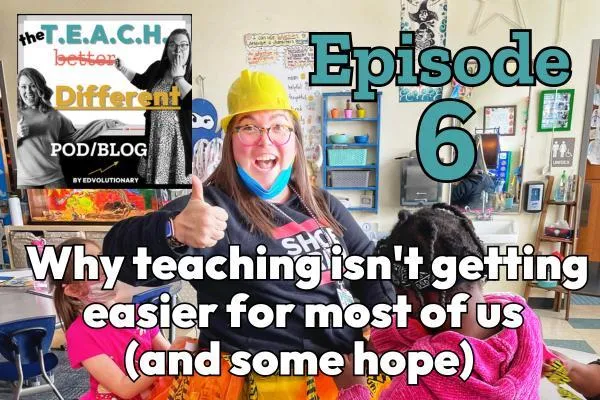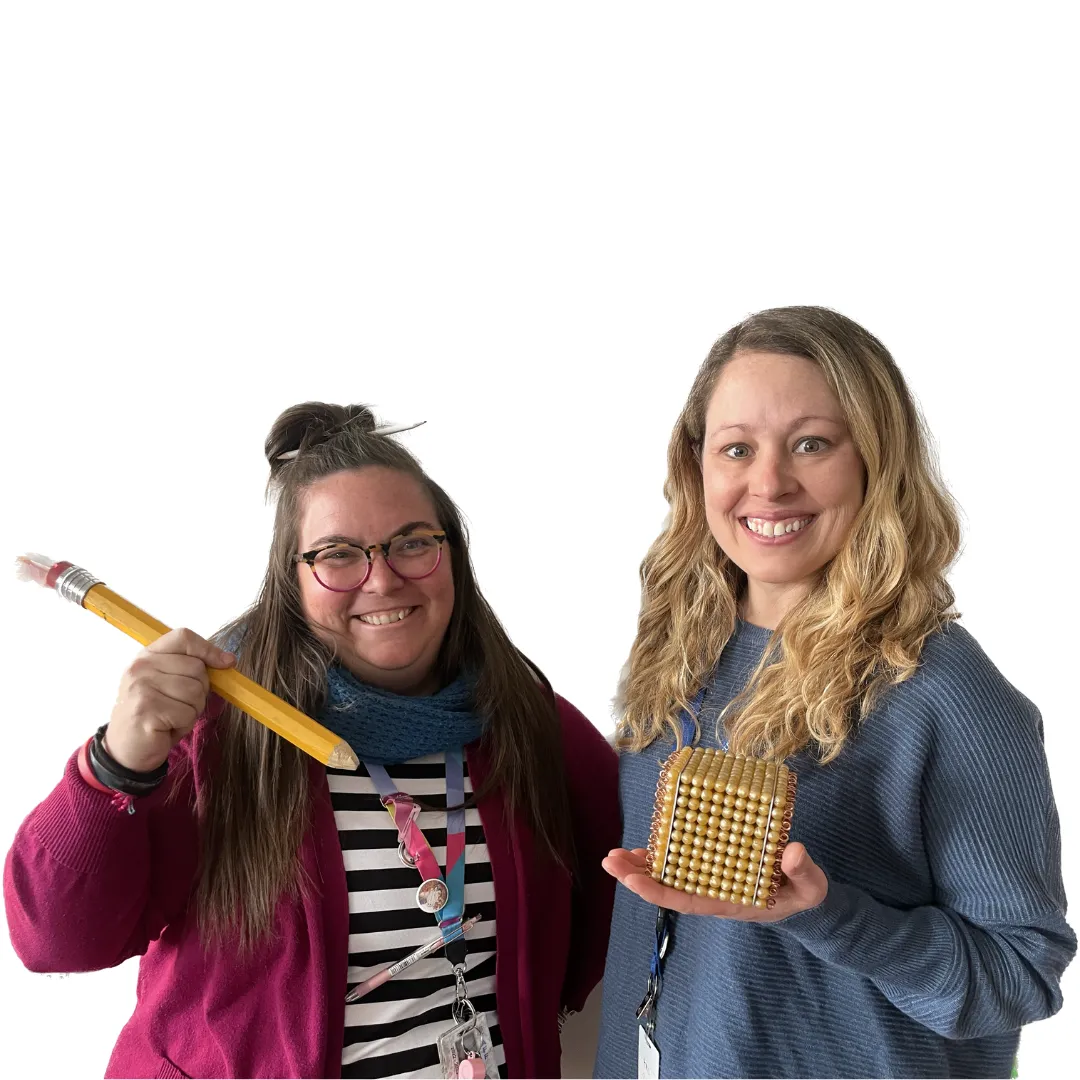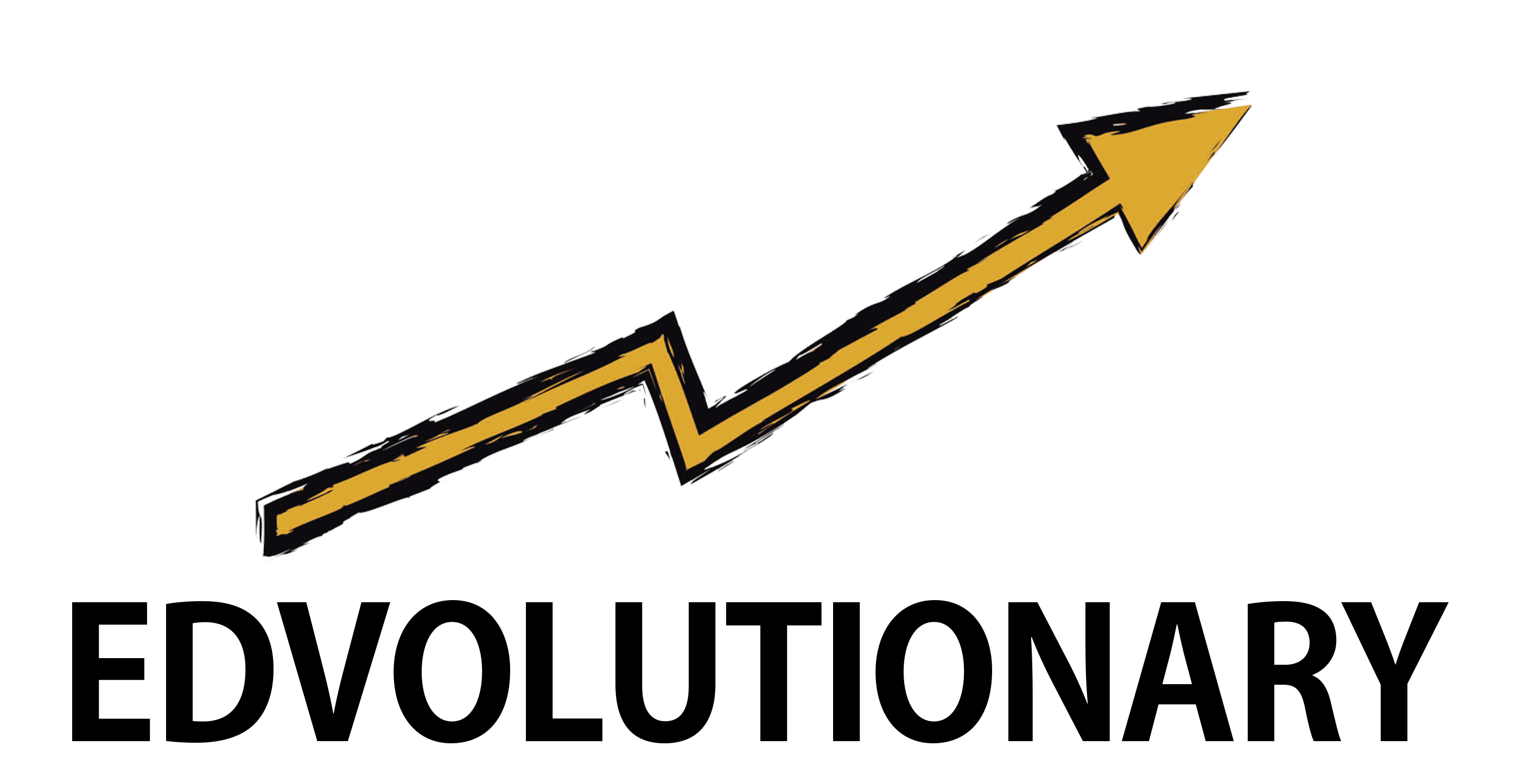T: Teacher Sustainability & Growth
THE TEACH DIFFERENT (NOT BETTER) POD/BLOG

6: Why teaching isn't getting easier for most of us (and some hope)
Listen to the episode:
This week's post is brought to you by the letter T! Learn more about the TEACH Framework here.
Get notified about our TEACH Different Community- opening in July!
Post/Episode Summary:
When we work hard for something we don’t believe in, it’s called stress. When we work hard for something we love it’s called passion.
- Simon Sinek
Have you noticed that teaching has gone from a profession known for the passion individuals have for this work, to one that is now almost entirely defined by the stress everyone feels in this job?
Something has shifted. In a not-good way. We teachers clearly don't believe in much of what we are asked to do in the name of teaching.
Why are we in this position in education and is there anything we can do about it while we still have educators willing to show up and do this work despite the pendulum swing from passion to stress?
It's happening to the best of us
This spring break, I spent time with one of my closest friends who is leaving the classroom this year after over 10 years. She is an incredible teacher, and has spent the last 7 or 8 years in the same grade level, in the same classroom, in the same school.
And she said to me… Ali…what finally made me decide to leave is when my sister pointed out that every year I tell her, "this is the year things are going to get easier!" And finally she said to me, “You’ve now told me that every year for at least the past 5 years.”
I know a lot of teachers feel this way… and I think the feeling is even more perplexing and frustrating when you know your curriculum and school inside out…. And the life you are living is still dangerously out of whack with the amount of mental and physical energy it takes to do this job.
So first- here’s your validation that even the most experienced teacher with consistent conditions is facing this reality. And second–Why... despite all the tech, social emotional curriculums, calming spaces, brain breaks…. apparently better curriculums…are things not getting easier?
And at the end of the day… is there anything we can actual do about it?
A dose of optimism?
So I should warn you: by nature I am an eternal optimist who believes almost anything in life is 'figureoutable' as Marie Forleo would say… and so spoiler alert… I’m going to tell you in this episode what I think the best possible evidence (both of my research and lived experience) points to for making this whole teaching thing work in a much more sustainable, effective way for everyone.
But I also want to heartily acknowledge that when you’re dealing with human beings and not producing perfect widgets (which is the industrial model our system was designed upon), there are multiple complex variables always at play, and you’re never, I mean never… going to have a seamless assembly line with no challenges.
But I will say… under different circumstances than what most of us have now… the challenges can become interesting puzzles to solve rather than baselinel conditions of constant problem-solving overwhelm.
The map is NOT the territory
A few months ago I finally started reading the book, The Seven Habits of Highly Effective People by Dr. Steven Covey. I don’t exactly know what prompted me to do so because I think in my mind I assumed it was a very outdated look at human psychology.
I was very wrong… at least in my opinion. I quickly found that Dr. Covey had an amazing way of making enduring truths I couldn’t quite describe much more clear.
In the book, he talks about a challenge he faced with his son that led him to start digging into how our perceptions of the world are formed, how they determine the way we see the world, and how this in turn governs how we behave.
He called these perceptions “paradigms” and wrote:
For our purposes, a simple way to understand paradigms is to see them as maps.
We all know that “the map is not the territory.” A map is simply an explanation of certain aspects of the territory.
That’s exactly what a paradigm is. It is a theory, an explanation, or model of something else.
(For anyone who lives in Colorado and has used a trail map…or app… or someone’s trying-to-be-helpful-blog post… you know that unless it’s a really good one you were not expecting that thousand feet of elevation gain and it does not in fact feel like a true representation of the territory.)
So to get back to the point…the maps we use (aka the way we see the world)… is not always the most accurate reflection of how the world actually is or works.
In this next excerpt he gives a genius example of why this is so important to understand:
Suppose you wanted to arrive at a specific location in central Chicago. A street map of the city would be a great help to you in reaching your destination. But suppose you were given the wrong map. Through a printing error, the map labeled “Chicago” was actually a map of Detroit.
Can you imagine the frustration, the ineffectiveness of trying to reach your destination?
You might work on your behavior– you could try harder, be more diligent, double your speed. But your efforts would only succeed in getting you to the wrong place faster.
You might work on your attitude– you could think more positively. You still wouldn’t get to the right place, but perhaps you wouldn’t care. Your attitude would be so positive, you’d be happy wherver you were.
The point is, you’d still be lost.
The fundamental problem has nothing to do with your behavior or your attitude. It has everything to do with having a wrong map.
The wrong map
I am convinced that this is at the root of why things are not getting easier in education despite how hard everyone is working.
I want to reread that last quote: “The fundamental problem has nothing to do with your behavior or your attitude. It has everything to do with having a wrong map.”
You hear that teachers? You AND your students are not the ones we should be pointing fingers at.
I have more Steven Covey for you but I want to divert for just a second to talk about the map most of us are provided with… both as students and then as educators.
Mass public education as we know it is not very old, especially in the scheme of human evolution. And even though society, science and culture have evolved around it… when you peel back the layers of belief that guide a lot of our traditional practices… you find a foundation based on pretty dehumanizing beliefs about people and tactics for how we get them to do what we want them to do so our factories, countries, militaries, etc run smoothly and certain goals are achieved.
And none of these beliefs contain any real insight or true understanding of the territory… of how humans actually learn.
In fact… they are clearly a map of a totally different territory than most of us think we are driving to.
Dr. Peter Gray, one of our favorite developmental psychologists to quote, had a sobering thing to say about this paradigm/map that guides much of what we think of as school:
The system of school we call “conventional’ was not founded on a scientific understanding of how children learn.
It was actually developed initially, quite explicitly, for the purpose of obedience training and indoctrination. It was invented at a time when people believed that children are naturally sinful and must be strictly trained to obey authority in order to overcome that sinfulness. That format has been passed down essentially unchanged from generation to generation. We have changed how we talk about school, not how we do it.
Very few educators today would say that the primary purposes of education are indoctrination and obedience training. They are much more likely to talk about fostering critical thinking, creativity, and a love of learning. Yet they labor under a system that was not designed for that and doesn’t work for that.
Think about it. Really. Almost the only way children can fail in school is not to do what they are told to do, and the only way they can pass is to do what they are told to do. If you were to design a school for critical thinking, creativity, and a love of learning, it would look nothing like our conventional schools.
Ooooof. That one stung but rings painfully true at least to me.
However, I say with 100% un-checked confidence that people who go into this profession do so entirely to help others unlock their potential through learning.
But as Grey says, we “labor under a system that was not designed for that and doesn’t work for that.” And as Steven Covey says, “The fundamental problem has nothing to do with our behavior or attitude. It has everything to do with having a wrong map.”
Do you see where I'm going with this? Again… we think we’re going one place but our map is for a totally different territory.
The hopeful part
I want to share just a little bit more from Covey to illustrate how we might begin to use this information so we stop getting lost, frustrated, and confused on why things aren’t working out or getting easier… and what we can start to do to change that.
Covey writes:
Each of us tends to think we see things as they are, that we are objective. But this is not the case. We see the world, not as it is, but as we are–or, as we are conditioned to see it.
The more aware we are of our basic paradigms, maps, or assumptions, and the extent to which we have been influenced by our experience, the more we can take responsibility for those paradigms, examine them, test them against reality, listen to others, and be open to their perceptions, thereby getting a larger picture and a far more obejctive view.
And here’s my favorite optimistic part:
The more closely our maps or paradigms are aligned with natural laws, the more accurate and functional they will be. Correct maps will infinitely impact our personal and interpersonal effectiveness far more than any amount of effort expended on changing our attitudes and behaviors.
Ughhhhhhh. Team breath. That’s why we’re all here… to teach different… not better. Who cares if its better if we’re just getting to the wrong place faster? No. We are done with that hamster wheel thank you very much.
Coming up next...
I am convinced that at the root of our growing challenges is the fact that we are using an outdated map that doesn’t reflect the territory of where we are trying to go. We keep trying to improve teacher skills and mindsets… or student skills and mindsets…but we will never make progress until we are using a map that accurately reflects where we are actually trying to go.
And so next week… we’re going to talk about a new map we can use that might actually represent the territory we are trying to navigate.
Time for Action
We don't have a companion workbook for you this week (take a break... I don't like pointless busy work!).
BUTTTTT... if you want to join a community further diving into these topics and others of our TEACH Framework, don’t forget to sign up to be notified when our TEACH Different Collective opens later this summer!
To read about our initial vision, give your input and/or join the list to get notified when this community opens, go to edvolutionary.com/collective. You can also add your name to the notification list using the form below!
All links from this post/episode
Thank you for being on the journey with us as we build out this content!
What do we mean by TEACH Different (not better?)


